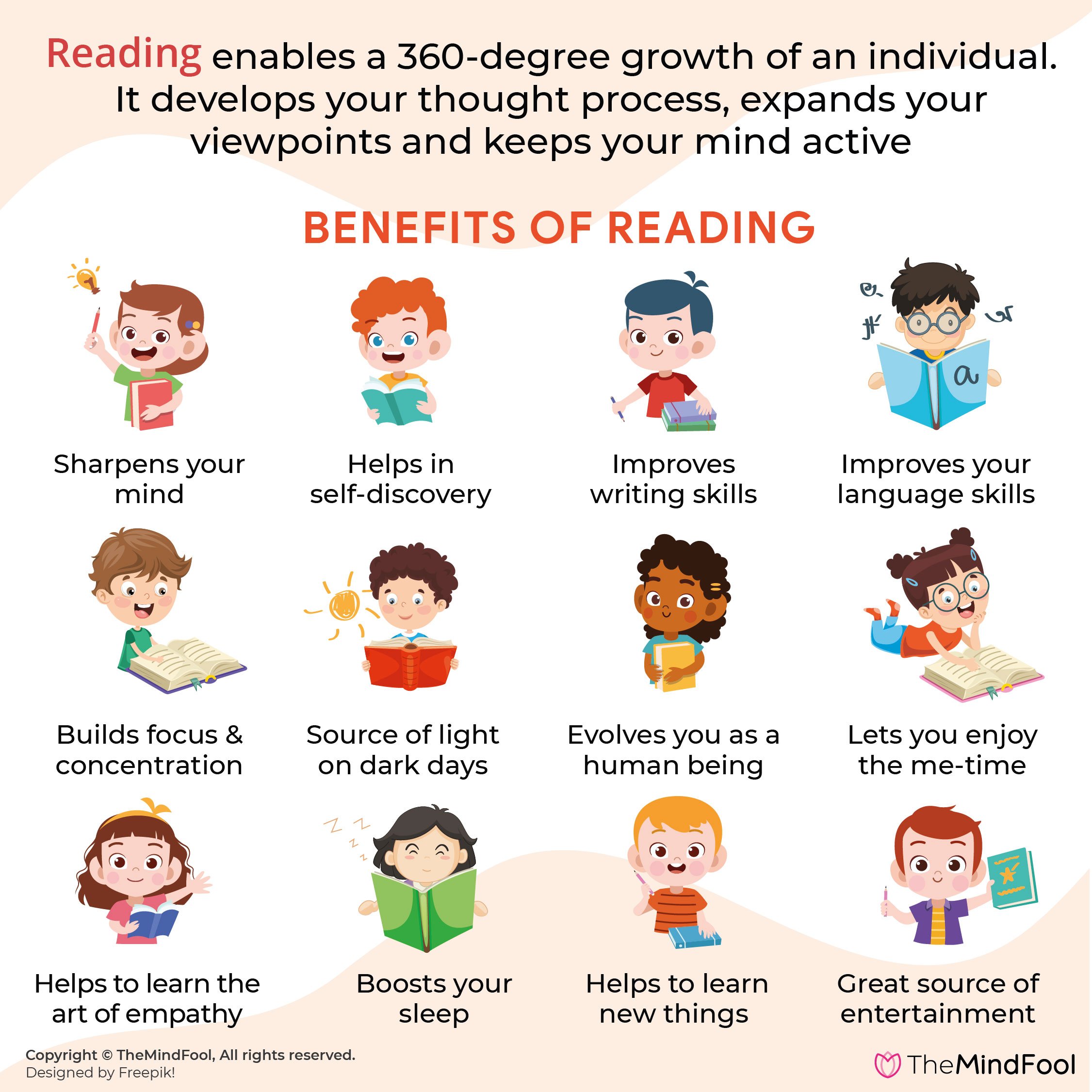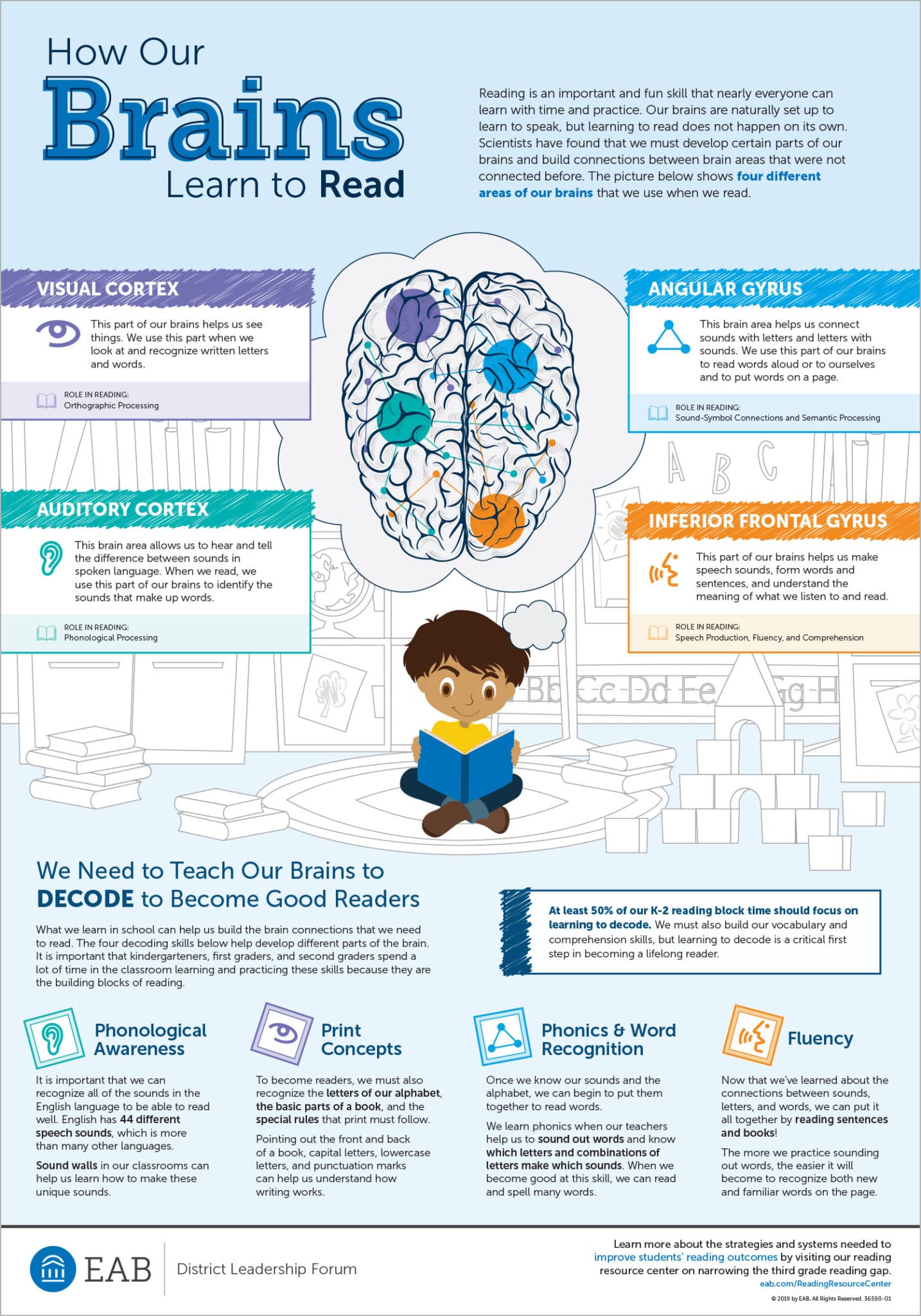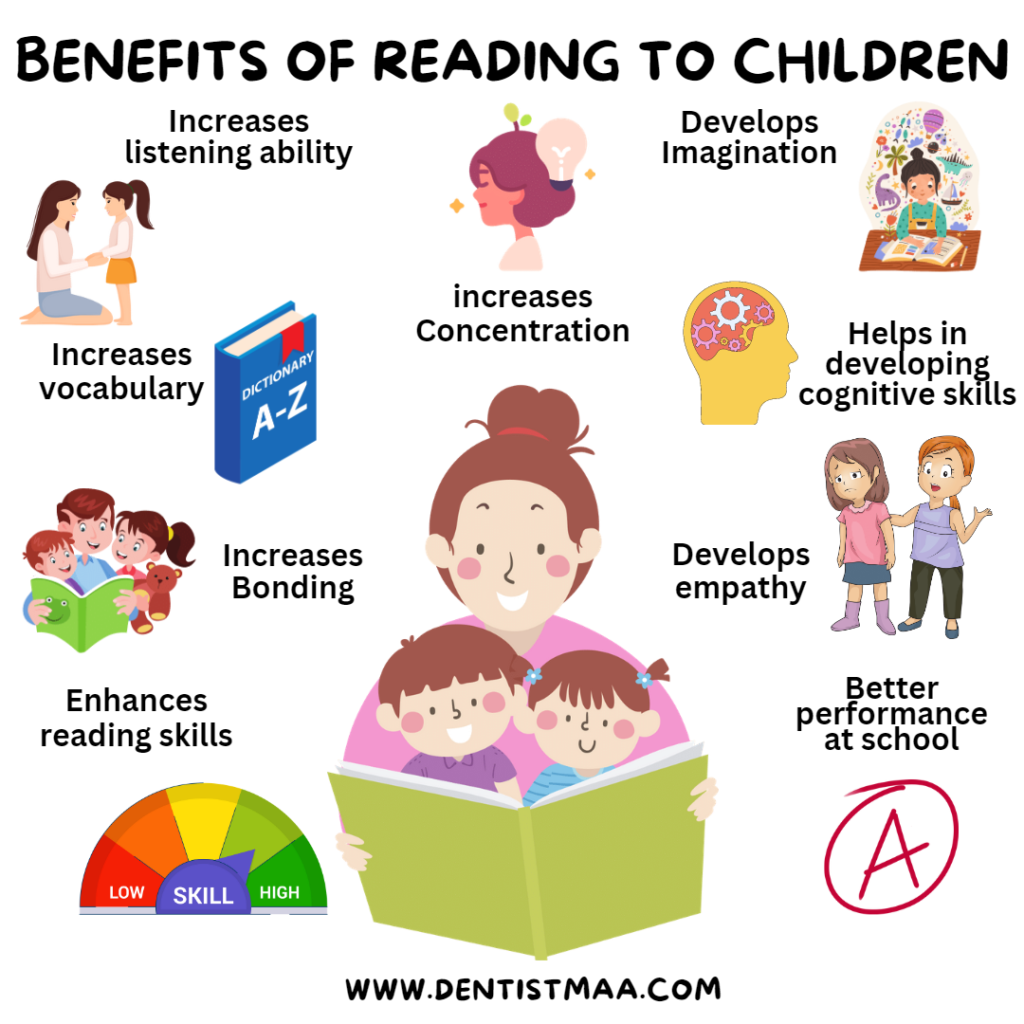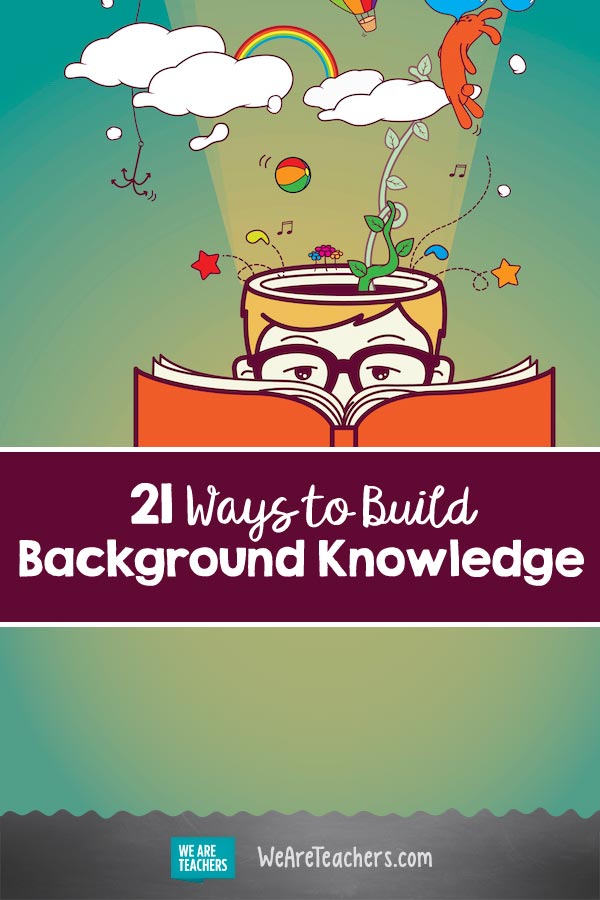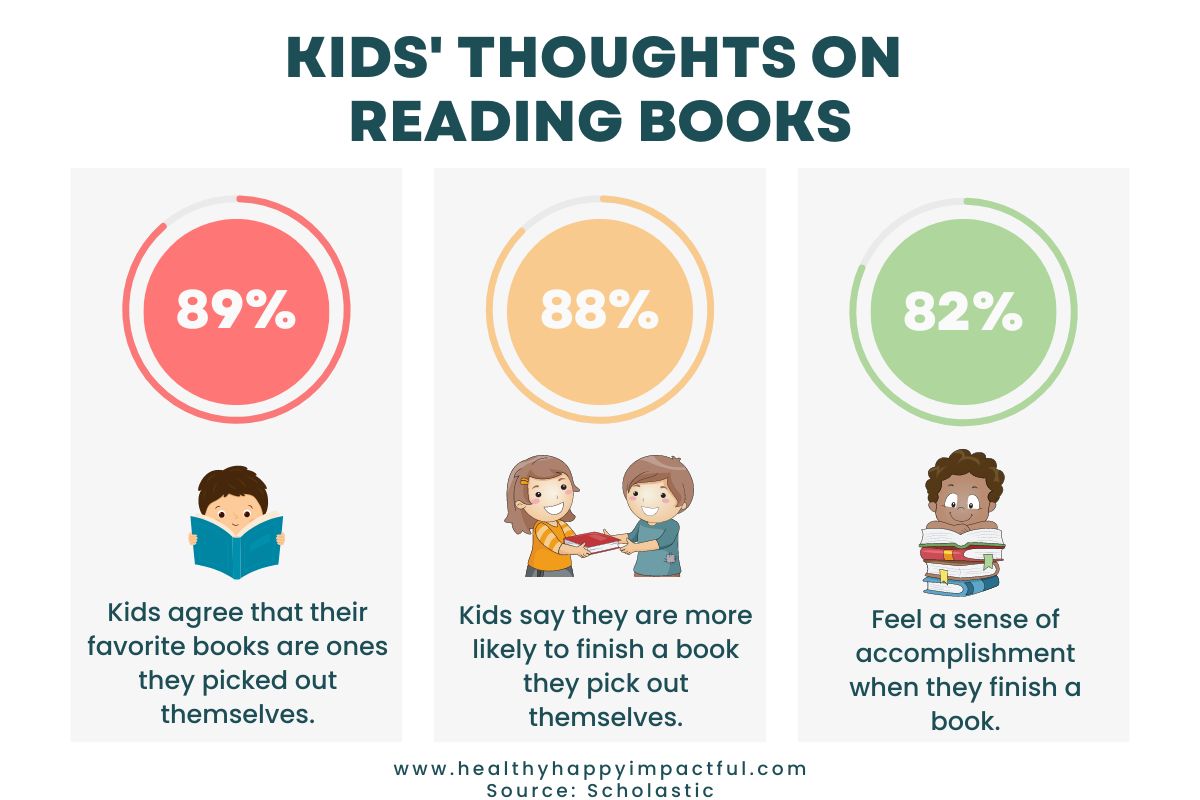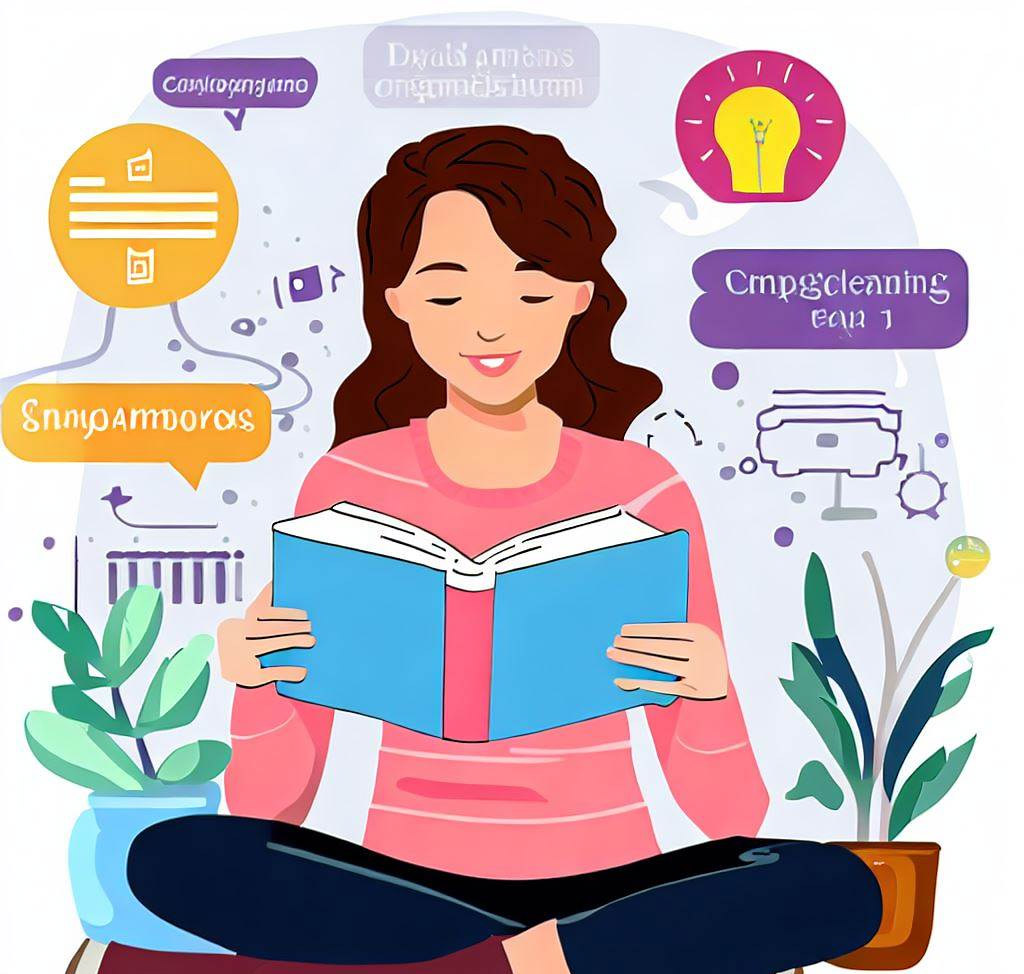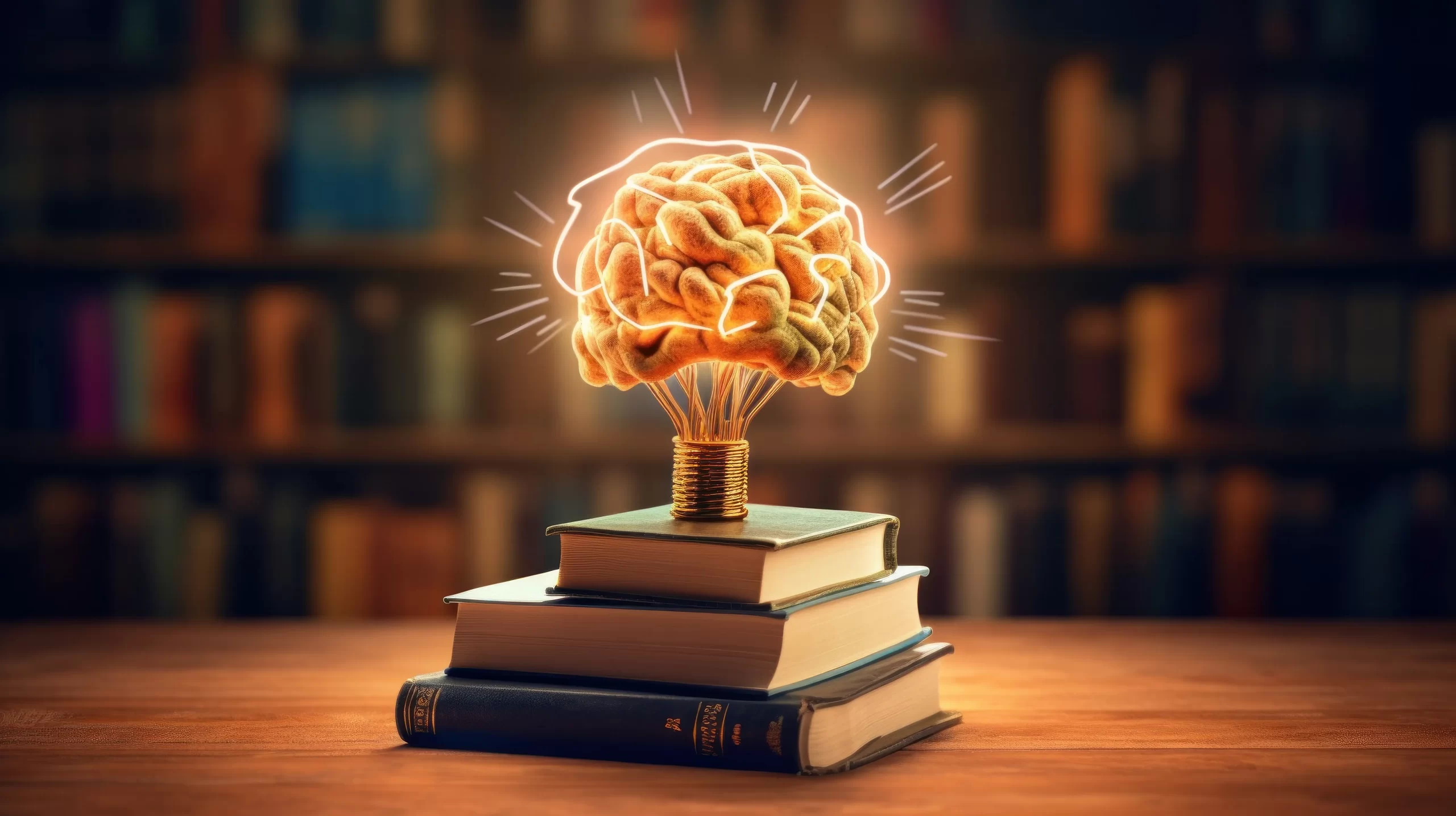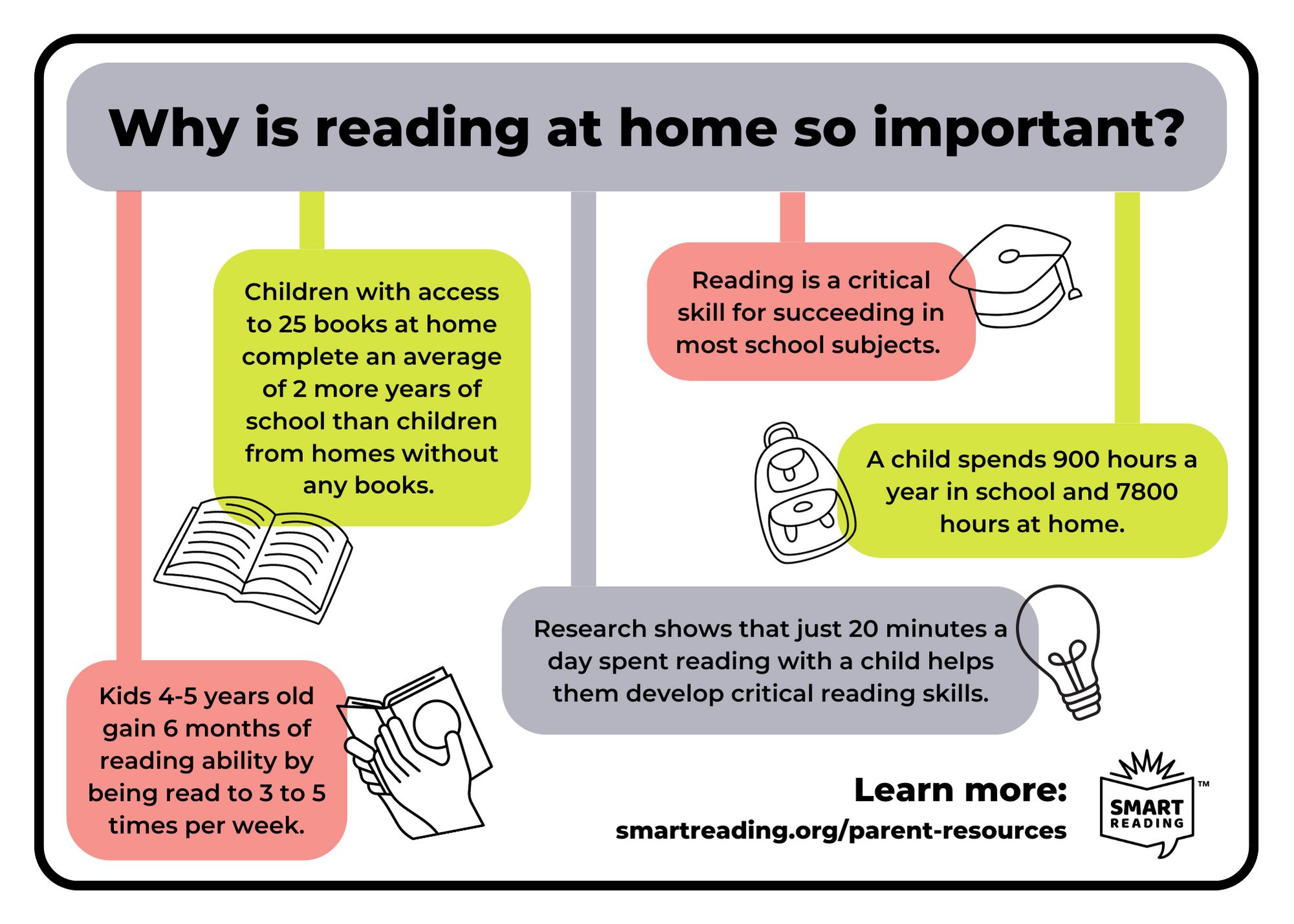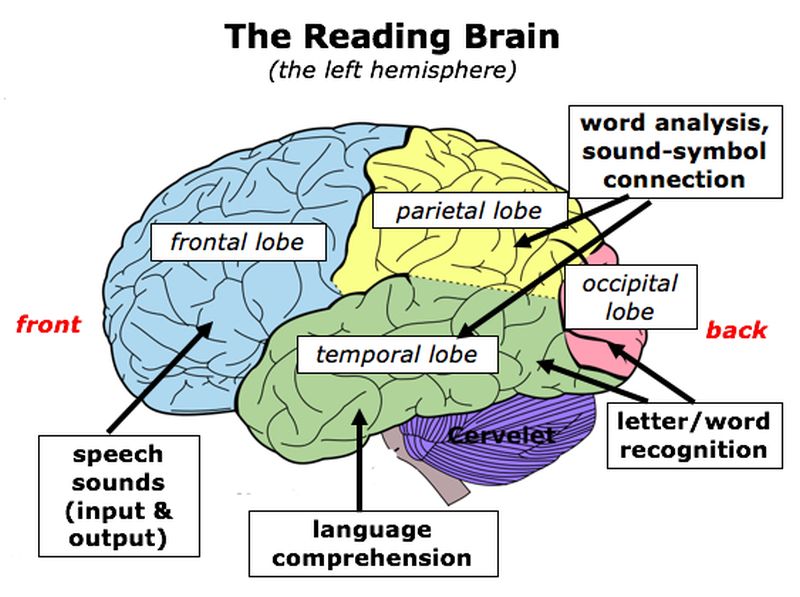How Does Reading Help Us Build Knowledge
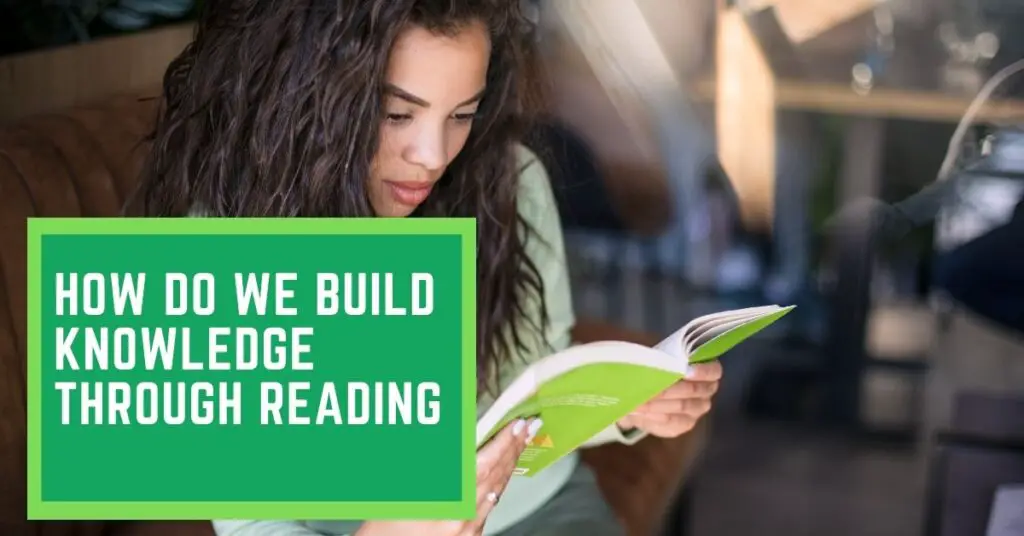
In an era of instant information, the enduring power of reading to build knowledge remains a critical, yet often overlooked, skill. Experts warn of a decline in comprehensive understanding as reliance on easily digestible content increases.
Reading, unlike passively consuming information, actively engages the brain in a complex process of decoding, interpreting, and synthesizing information. This cognitive workout fosters critical thinking and long-term retention, laying the foundation for deep and lasting knowledge.
The Cognitive Powerhouse: How Reading Rewires Your Brain
Reading is far more than just recognizing words on a page. It's a dynamic interplay of cognitive functions, demanding focused attention, analytical reasoning, and the ability to connect new information with existing knowledge.
A 2013 study published in the journal Brain Connectivity demonstrated that reading activates multiple brain regions simultaneously. This heightened neural activity strengthens cognitive pathways, improving overall brain function.
Dr. Maryanne Wolf, a cognitive neuroscientist at UCLA and author of Proust and the Squid: The Story and Science of the Reading Brain, emphasizes that reading cultivates "cognitive patience," the ability to sustain focus and engage in complex thought processes.
Expanding Your Vocabulary: A Gateway to New Concepts
Vocabulary acquisition is a direct and tangible benefit of reading. The more you read, the more words you encounter in context, allowing you to infer meaning and expand your lexicon.
According to a study by the National Endowment for the Arts, individuals who read regularly possess a significantly larger vocabulary than those who don't. This richer vocabulary facilitates communication, comprehension, and critical thinking.
Each new word learned opens a window to new concepts and ideas, broadening your understanding of the world and enhancing your ability to articulate your thoughts effectively.
Sharpening Critical Thinking: Decoding Information and Identifying Bias
Reading critically involves evaluating information, identifying biases, and forming your own informed opinions. This active engagement with text is crucial for navigating the complexities of the modern world.
Peter Facione, an expert in critical thinking assessment, defines critical thinking as "purposeful, self-regulatory judgment which results in interpretation, analysis, evaluation, and inference, as well as explanation of the evidential, conceptual, methodological, criteriological, or contextual considerations upon which that judgment is based."
Reading diverse perspectives and challenging your own assumptions fosters intellectual humility and enhances your ability to make sound judgments based on evidence and reason.
Boosting Empathy: Stepping into Someone Else's Shoes
Fiction, in particular, has been shown to enhance empathy by allowing readers to step into the shoes of characters and experience the world from their perspectives. This emotional connection fosters understanding and compassion.
A study published in the journal Science found that reading fiction significantly improved participants' ability to understand and respond to the emotions of others. This heightened empathy translates into stronger social skills and more meaningful relationships.
By immersing yourself in the lives of fictional characters, you broaden your understanding of human nature and develop a greater capacity for empathy and compassion.
The Ongoing Challenge: Fostering a Culture of Reading
Despite the overwhelming evidence supporting the benefits of reading, fostering a culture of reading remains a significant challenge. Declining literacy rates and the proliferation of digital distractions threaten to undermine the vital role of reading in building knowledge and shaping informed citizens.
Organizations like Reading Is Fundamental (RIF) are working to address this challenge by providing access to books and promoting literacy among children and families. But individual efforts are equally crucial.
The next step involves prioritizing reading in our daily lives, encouraging others to do the same, and advocating for policies that support literacy education. The future of knowledge rests on the pages we turn today.
